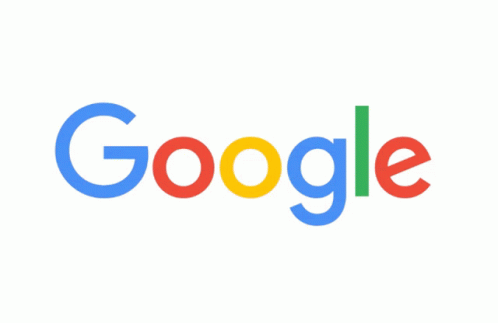Social Media: Often produced very close to an event, this type of information can be great to utilize as a primary source to analyze or to gain an understanding of first responses after an event.
TV and Web Based news: Often news stations or websites will cover events as they are occurring or just after the event. This can be a great source to utilize if you are looking at a recent event and need to establish an order of events or timeline. News coverage, especially coverage produced directly after an event, will not provide in-depth analysis.
Newspapers (New York Times, Chicago Tribune, Wall Street Journal): After several days have passed, larger news organizations will likely pick up the story if it is big enough. This coverage will likely provide facts but also some analysis of the event, particularly if the article is published in the Op-Ed column, or Opinion column. You will want to be sure and evaluate this type of information for accuracy and be on the lookout for any bias.
Weeks after...
Popular magazines (Time, National Geographic): After several weeks, popular magazines will likely pick up the story. These magazines often can devote more time and space to researching the event and may provide interviews or exclusive information. Magazines will also likely provide an analysis or opinion regarding the event. You will want to be sure and evaluate this type of information for accuracy and be on the lookout for any bias.
Months after...
Academic, Scholarly, or Peer-Reviewed Articles: Often the earliest you will see academic journal articles after an event is 6 months to 1 year. The process of researching, writing, and publishing an academic journal article takes time and often more robust research may even take several years. Keep in mind these types of works are produced by academics for other academics. It's will likely contain original research, in-depth analysis, and evidence based findings. While you will also want to be sure and evaluate this type of information for accuracy and bias, it has also been reviewed by a group of academics before it was published as part of the peer-review process.
Years after....
Books: Books, particularly scholarly books, are often an extension of a scholar's research which was previously published in an academic journal article. Books take years to research, write, and publish and often offer an expert review of a topic many years after an event takes place.
Government reports: These types of fact-finding reports will be produced through governmental agencies as the result of months or years of research.
Reference Collections: Reference collections include items like encyclopedias and dictionaries. These types of works take a long time to update and are reviewed by an internal publishing team to determine what content should be added. Expect these types of entries to be added several years after a major event and to provide basic factual information about the event rather than analysis.
